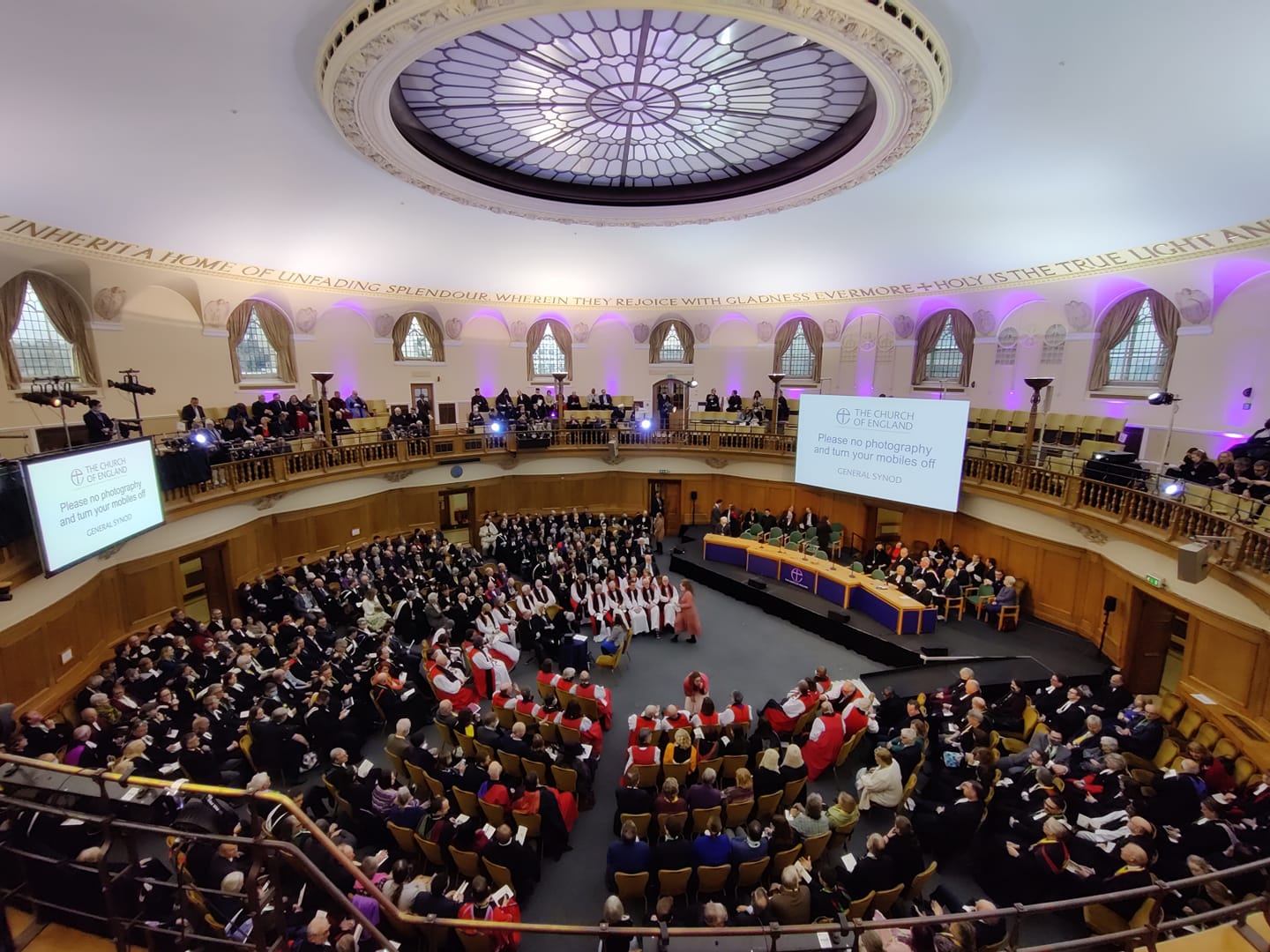
The Church of England has an ongoing commitment to resourcing and planting worshipping communities on social housing estates. To help drive this forward, the Estates Evangelism Task Group (EETG) was formed in 2015 as part of the Church of England’s Renewal and Reform strategy. Several trustees from NECN are part of that working group and have been working to highlight the need for a commitment from the Church of England leadership to having a vibrant church presence on all estates. In February 2019, synod overwhelmingly backed a motion to see a loving, serving, worshipping Christian community on every significant social housing estate in the country.
Now we find ourselves in 2021 post covid, with a newly elected synod who are keen to see that this commitment is followed through. Here is a transcript of one question raised:
Mr Adrian Greenwood (Southwark) to ask the Chair of the House of Bishops:
Q33 What progress has been made with the implementation of the National Estates Ministry Strategy, which was approved by General Synod in February 2019? And what steps will be taken to ensure that the Strategy is embedded and delivered throughout the term of the new Synod?
The Bishop of Burnley to reply on behalf of the Chair of the House of Bishops:
On a national level, the Estates Evangelism Task Group continues to work towards achieving Synod’s goal of a worshipping, loving, serving Christian community on every significant estate in the nation. It is currently reworking its strategy around the goals of the national Vision and Strategy and continues to operate through partnerships, conferences, communications and direct support for some dioceses. However, it is the dioceses themselves who carry the key responsibility for implementing Synod’s motion and so it is important that every diocese develops a strategy for their urban estates, that LICF grants are directed towards the most deprived communities and that, in those dioceses where re-organisations are planned, the impact on estates and low income communities areas is carefully monitored lest it be disproportionate.
Adrian Greenwood:
++Stephen please would you pass on to Bishop Philip our thanks for all his leadership in the area of ministry and mission on social housing estates.
Given the answer that the front line responsibility lies with each diocese, but also given the fresh resolve from the NCIs to serve and equip the local church, may I ask what can the NCIs do and what can this synod do over the next five years to support +Philip in his leadership role and the dioceses as they turn this strategy in to reality?
++Stephen:
First of all we have already discovered that clergy numbers went up in the Church of England last year slightly. We need to be careful about some of the stories we hear and what their truth actually is. Some dioceses find themselves having to cut clergy numbers others are not.
We have an aspiration to grow 10,000 new worshipping communities which some people have scoffed at. The Bishop of Burnley hasn’t. The Bishop of Burnley is getting on with it. With a big vision to plant a church on every estate.
We looked in the mutually and finance report of the league table of diocesan assets and I think we all noticed that only one diocese in the Province of York appeared on the first page of the top 20.
In the parts of the country where I’m privileged to serve there are large estates where we have been unable to create a Christian worshipping witnessing presence, and the work of the Estates Evangelism Task Force, mandated by this synod, is one of the most exciting things we’re doing to actually turn the words on a page of our vision and strategy about wanting to reach out to our nation into actual reality.
I hope that in the triennium working group and other places, we will begin to see our resources and our resource allocation aligned with this synod motion which aligns itself with the vision and strategy and I look forward now that I’m in the north to working very closely with the Bishop of Burnley on making this happen.
As EETG prepare for next week’s conference, bringing those agencies who work predominantly on estates and who equip estates churches, it is greatly heartening to hear synod speaking so clearly of the desire to bring our vision to reality.


